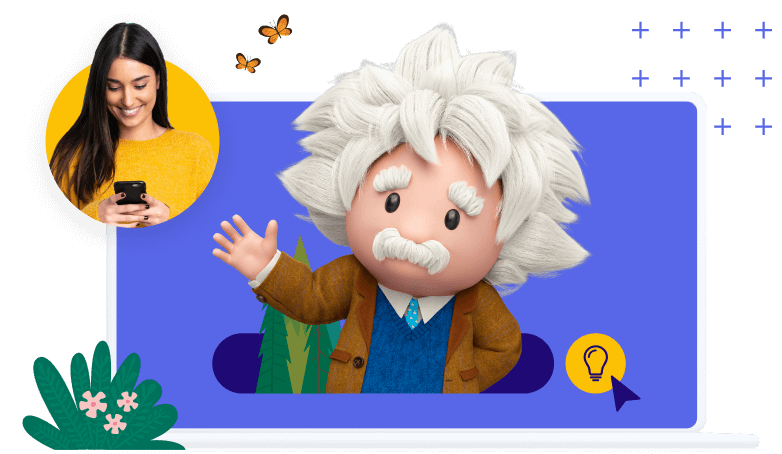3 Ways Einstein GPT Could Change Pharmaceutical Marketing
With Salesforce's unveiling of its new generative AI software, Einstein GPT, here are 3 ways it could change the way we interact with healthcare professionals.
Image from Salesforce
1 - Engagement Insights:
With the integration of Einstein GPT, Salesforce's generative AI technology, Marketing Cloud now offers comprehensive monitoring of open rates, click rates, and unsubscribe rates for both batch and journey email sends. By leveraging historical data, Einstein generates valuable insights that enable marketers to identify trends and make informed decisions to optimise their campaign performance.
2 - Engagement Scoring:
The introduction of Einstein Engagement Scoring takes customer segmentation and targeting to new heights. By leveraging customer data and machine learning algorithms, this feature assigns subscribers a predictive score that reflects their likelihood to engage, click links, stay subscribed, or convert on the website. Pharmaceutical companies could utilise these scores to gain deeper audience insights, tailor campaigns, and deliver personalised content that resonates with their target audience.
3 - Einstein Send Time Optimization (STO):
Overcoming the challenge of optimal message delivery, STO utilizes machine learning and 90 days of engagement data to determine the best time to send emails or push notifications to individual contacts within a 24-hour window. By analysing factors such as email history and open rates, STO recommends send times that significantly increase the chances of recipients opening the messages, resulting in improved engagement rates.
With this being only one of a hundred of ways AI tools and software are changing the way we work in the pharmaceutical industry, here are 5 things to expect by subscribing to the AI Pharma Guy Newsletter.
Hit subscribe to be the first to hear how AI is changing the pharmaceutical landscape.





